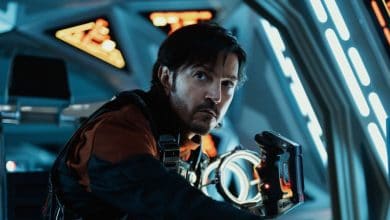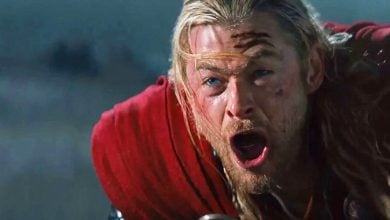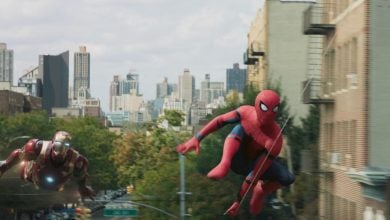‘Moana 2’ Trial Moves Forward Following Disney Copyright Lawsuit
The massive lawsuit against Disney and Moana is moving forward.

Related: Incident Between Toddler and Minnie Mouse Sparks Debate About Theme Park Etiquette
Disney is currently embroiled in a significant lawsuit that has captured the attention of the entertainment industry. The case revolves around allegations made by writer and creator Buck Woodall, who argues that Disney’s popular Moana franchise is derived from his original screenplay titled Bucky. Woodall filed the copyright lawsuit in January 2025, claiming that Disney appropriated key elements of his work during its development of Moana.
At the heart of Woodall’s claims are several striking similarities between the two projects. Both Moana and Bucky are set in Polynesian environments and feature teenage protagonists embarking on quests to save their respective homes.
Notably, Woodall indicates that certain elements, such as a significant necklace that plays a symbolic role and the inclusion of a tattooed demigod, are shared between both narratives. Woodall alleges that he presented his project to Jenny Marchik, the former director of development at Mandeville Films, which had a first-look deal with Disney. He contends that this exchange allowed Disney access to his creative ideas, which ultimately led to them developing Moana.

Related: Disney Taps Female Executive to Potentially Succeed CEO Bob Iger
The Moana Franchise’s Financial Success
Disney’s Moana has achieved remarkable financial success since its initial release in 2016. The original film grossed over $600 million worldwide, quickly establishing itself as a massive hit. This financial milestone paved the way for a sequel, Moana 2, which performed even better at the box office, raking in nearly $1 billion. Although critics were somewhat more reserved about the sequel, it resonated well with younger audiences and solidified Moana as one of Disney’s premier franchises.
The success of Moana and its sequel has had a considerable impact on Disney’s overall profits. The considerable revenue generated from the films, combined with the popularity of related merchandise and theme park attractions, demonstrates the franchise’s profitability.
As the case progresses in Los Angeles, jury selection has begun for the trial between Disney and Buck Woodall. This key step brings the lawsuit closer to a resolution, although the implications of the trial are already reverberating through the entertainment landscape. Disney has firmly denied any wrongdoing, asserting that the filmmakers had no prior knowledge of Woodall or his work on Bucky. They emphasize that Moana was a collaborative effort involving a large team and extensive development over several years.
The potential outcomes of the trial range from a dismissal of Woodall’s claims to the possibility of a significant financial judgment against Disney, should the jury find in favor of the plaintiff. Woodall is seeking damages amounting to 2.5% of Moana‘s total gross revenue, which translates to at least $10 billion, alongside a court order to prevent further infringement of his intellectual property. The results of this trial could have far-reaching consequences, not just for Disney, but for the entire entertainment industry.
The ongoing lawsuit could have profound implications for future projects within Disney and the broader entertainment landscape. If the court finds in favor of Buck Woodall, it may lead to increased scrutiny of how studios develop original content and adapt existing ideas. Such a verdict could promote a culture of caution among filmmakers, leading to a more rigorous vetting process for new projects.
The case also underscores the importance of intellectual property rights in the creative industries. As the lines between inspiration and appropriation become increasingly blurred, this lawsuit highlights the necessity for creators to safeguard their works. The outcomes could encourage a shift that better safeguards originality in storytelling and innovation across the entertainment sector.





